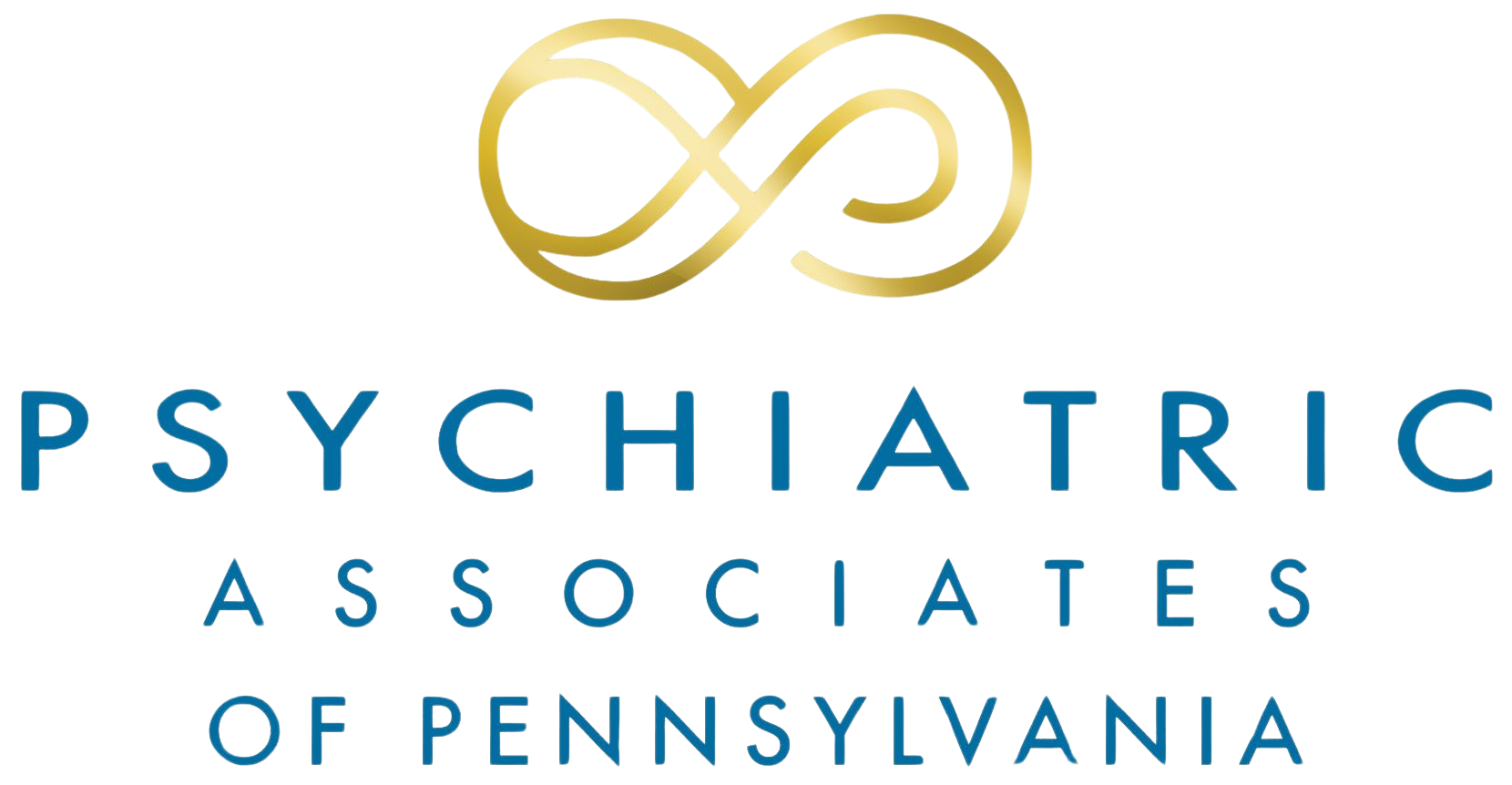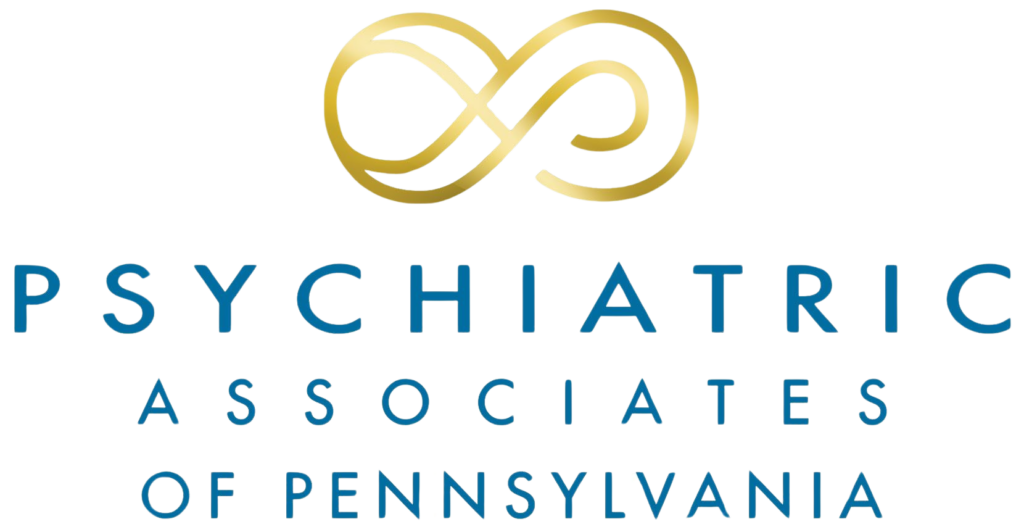Mental health plays an essential role in overall well-being, influencing how we think, feel, and interact with the world around us. Despite increasing awareness, mental health conditions remain widely misunderstood and often stigmatized. At Psychiatric Associate of Pennsylvania, located in Narberth, PA, we provide comprehensive care for individuals facing a variety of mental health conditions, ensuring that each person receives personalized treatment from our diverse team of clinicians.
In this blog, we will explore some of the most common mental health conditions we treat, how they manifest, and the range of treatment options available. Understanding these conditions is the first step toward seeking help and improving quality of life.
Depression
Depression is one of the most prevalent mental health conditions, affecting millions of people worldwide. This mood disorder goes beyond occasional sadness and can significantly impact an individual’s ability to function in everyday life. People with depression may experience persistent feelings of sadness, hopelessness, and a lack of interest in activities they once enjoyed. Other symptoms include fatigue, changes in sleep patterns, appetite changes, and difficulty concentrating.
The causes of depression are complex, involving genetic, biological, environmental, and psychological factors. At Psychiatric Associate of Pennsylvania, we offer a variety of treatment options for depression, including medication management, psychotherapy, and lifestyle adjustments. Antidepressants such as selective serotonin reuptake inhibitors (SSRIs) are commonly prescribed to help balance brain chemicals, while therapies like cognitive-behavioral therapy (CBT) help patients address negative thought patterns contributing to their symptoms.
Anxiety Disorders
Anxiety disorders encompass a range of conditions, including generalized anxiety disorder (GAD), panic disorder, social anxiety disorder, and specific phobias. While it’s normal to experience occasional anxiety, individuals with anxiety disorders often face excessive, uncontrollable worry that interferes with daily life. Symptoms of anxiety disorders include restlessness, rapid heartbeat, difficulty concentrating, and sleep disturbances.
Generalized anxiety disorder, one of the most common anxiety disorders, involves chronic worry about everyday matters. Panic disorder, on the other hand, is characterized by sudden, intense episodes of fear, known as panic attacks, which can occur unexpectedly.
Treatment for anxiety disorders at Psychiatric Associate of Pennsylvania often involves a combination of medication, such as anti-anxiety medications or antidepressants, and psychotherapy. CBT is especially effective for helping patients challenge and change distorted thinking patterns that contribute to their anxiety.
Bipolar Disorder
Bipolar disorder is a mood disorder characterized by alternating periods of depression and mania or hypomania. Individuals with bipolar disorder experience extreme mood swings, ranging from emotional highs (mania or hypomania) to deep lows (depression). During manic episodes, individuals may feel euphoric, have increased energy, and engage in impulsive behavior. In depressive episodes, they may experience symptoms similar to those of major depression.
There are different types of bipolar disorder, including Bipolar I (with full manic episodes) and Bipolar II (with hypomanic episodes). Treating bipolar disorder requires careful management of both the manic and depressive phases, often involving mood stabilizers, antipsychotic medications, and psychotherapy.
At Psychiatric Associate of Pennsylvania, our clinicians work closely with patients to create tailored treatment plans that address the complexities of bipolar disorder. Ongoing support and monitoring are key to ensuring stability and preventing future episodes.
Obsessive-Compulsive Disorder (OCD)
Obsessive-compulsive disorder (OCD) is a condition characterized by intrusive, unwanted thoughts (obsessions) and repetitive behaviors or mental acts (compulsions) performed to alleviate distress. For example, someone with OCD may have persistent fears of contamination and feel compelled to wash their hands repeatedly, even when they are clean. These obsessions and compulsions can be time-consuming and interfere with daily functioning.
OCD often requires a combination of medication and therapy for effective treatment. SSRIs are commonly prescribed to help manage the obsessive thoughts, while exposure and response prevention (ERP), a form of CBT, is used to help individuals gradually face their fears without engaging in compulsive behaviors. At our Narberth practice, we work with patients to help them regain control over their lives and reduce the impact of OCD.
Post-Traumatic Stress Disorder (PTSD)
Post-traumatic stress disorder (PTSD) occurs after a person experiences or witnesses a traumatic event, such as an accident, natural disaster, or violence. Individuals with PTSD may have flashbacks, nightmares, and intrusive thoughts about the event, leading to heightened anxiety and emotional distress. PTSD can also cause avoidance behaviors, such as steering clear of places, people, or activities that remind them of the trauma.
Treatment for PTSD often includes trauma-focused therapy, such as eye movement desensitization and reprocessing (EMDR) or CBT, alongside medication to manage symptoms of anxiety or depression. At Psychiatric Associate of Pennsylvania, our clinicians are trained to help individuals process their trauma in a safe and supportive environment, reducing the power it holds over their daily lives.
Schizophrenia
Schizophrenia is a severe mental health disorder that affects a person’s ability to think clearly, manage emotions, and engage with reality. People with schizophrenia may experience hallucinations, delusions, disorganized thinking, and impaired functioning. Despite common misconceptions, schizophrenia does not mean having multiple personalities, but rather a disruption in the way the brain processes information.
Treatment for schizophrenia is typically long-term and involves antipsychotic medications to reduce hallucinations and delusions. Psychotherapy is also used to help individuals develop coping skills and improve their quality of life. At Psychiatric Associate of Pennsylvania, we provide ongoing care to ensure that patients with schizophrenia receive the support they need to manage their condition.
Attention-Deficit/Hyperactivity Disorder (ADHD)
Attention-deficit/hyperactivity disorder (ADHD) is a neurodevelopmental disorder commonly diagnosed in childhood but can persist into adulthood. Symptoms include difficulty focusing, impulsivity, hyperactivity, and problems with organization. While ADHD is often associated with children, many adults also struggle with this condition, especially in professional and social settings.
Treatment for ADHD typically involves stimulant medications, such as methylphenidate or amphetamines, which help improve focus and reduce hyperactivity. Behavioral therapy is also effective, teaching individuals strategies to manage their symptoms and improve their daily functioning. At our practice, we offer comprehensive ADHD evaluations and treatment plans to help patients of all ages thrive.
Taking Charge of Your Mental Health
Understanding common mental health conditions is the first step in taking control of your mental well-being. At Psychiatric Associate of Pennsylvania, our dedicated clinicians in Narberth, PA, are committed to helping individuals navigate their mental health journeys with personalized, evidence-based care. Whether you’re seeking support for anxiety, depression, or a more complex condition like bipolar disorder or schizophrenia, we’re here to guide you toward better mental health.
If you or a loved one is experiencing symptoms of a mental health condition, don’t hesitate to seek help. With the right care and support, you can manage your symptoms, regain control of your life, and improve your overall quality of life.
Sources:
Kessler, R. C., Chiu, W. T., Demler, O., & Walters, E. E. (2005). Prevalence, Severity, and Comorbidity of 12-Month DSM-IV Disorders in the National Comorbidity Survey Replication. Archives of General Psychiatry.
Pompili, M., Serafini, G., Innamorati, M., et al. (2013). Suicide Risk in First Episode Psychosis: A Selective Review of the Current Literature. Schizophrenia Research and Treatment.
American Psychiatric Association. (2013). Diagnostic and Statistical Manual of Mental Disorders (5th ed.). American Psychiatric Publishing.



